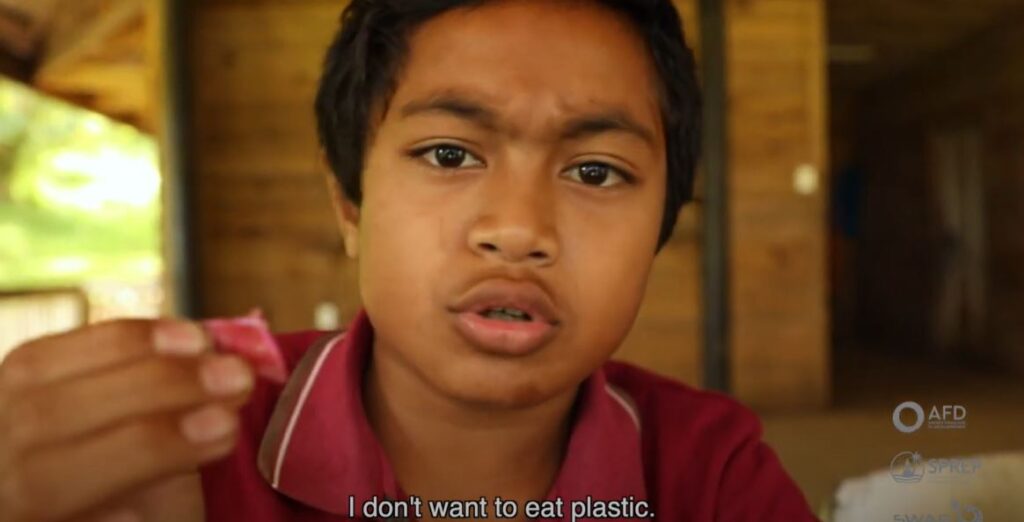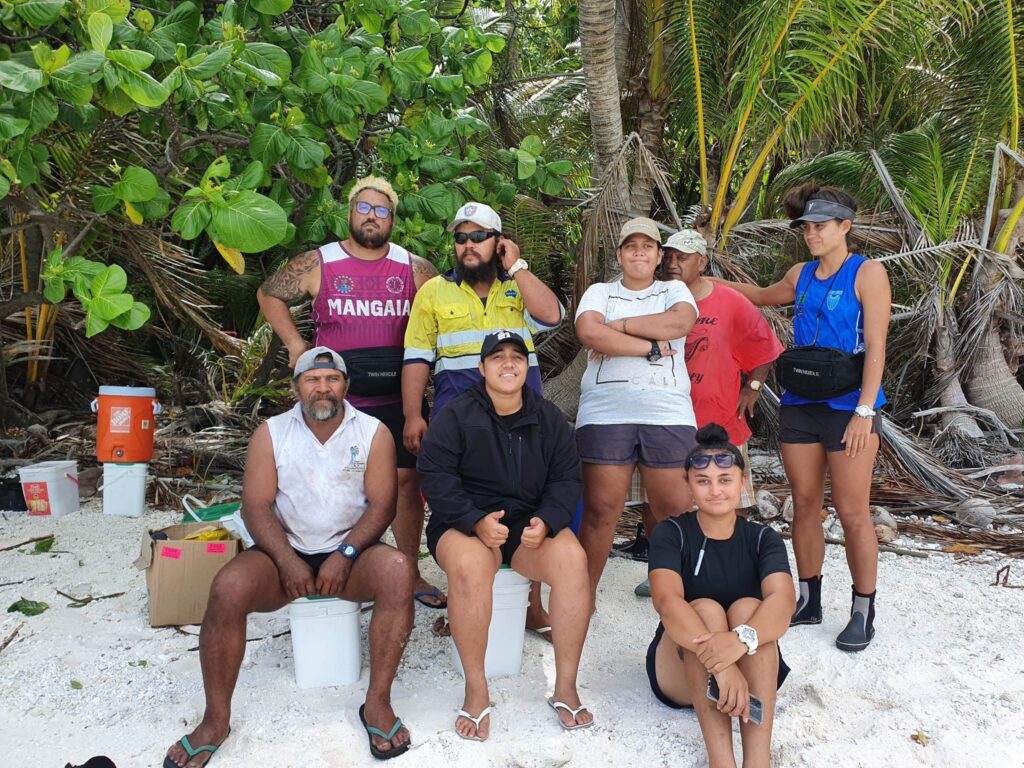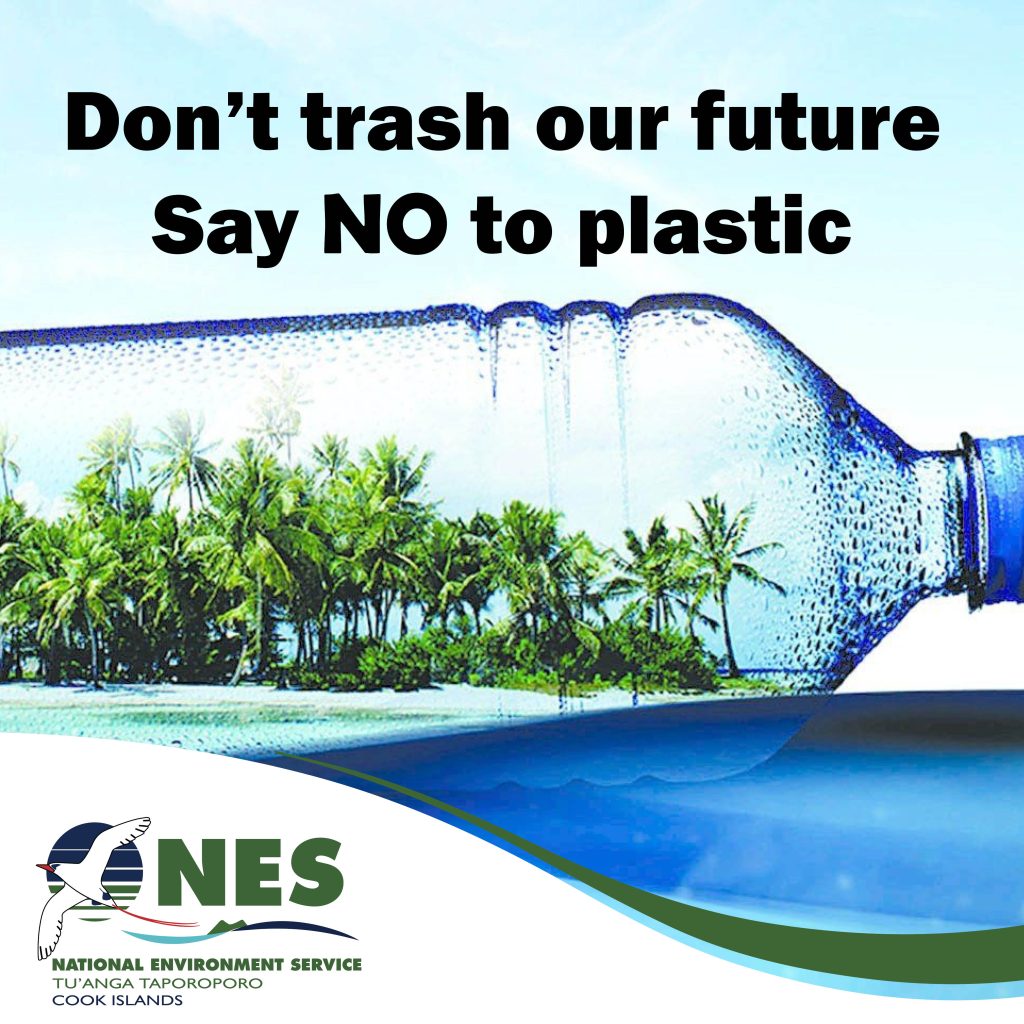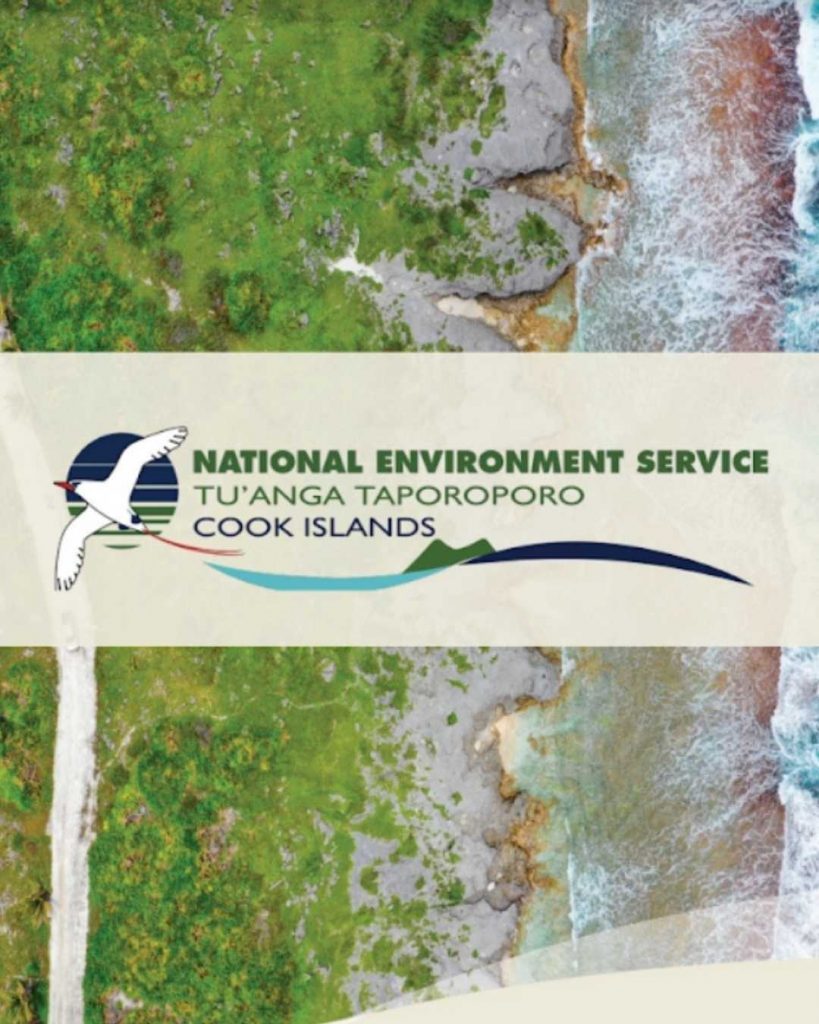The Cook Islands is particularly vulnerable to the impacts of marine litter, due to the sensitivity of our coastal environments. The negative impact not only affects our natural environment but in addition human health through the ingestion of seafood and fish contaminated with plastics.
The South Pacific Regional Environment Programme (SPREP) has released a powerful video titled “Plastic Paradise,” showcasing the devastating impacts of plastic on the environment. The video highlights the accumulation of plastic waste in the ocean, which is harming marine life and polluting beaches. It also emphasizes the need for individuals and communities to take action to reduce plastic consumption and waste.
“I don’t want to eat plastic?” A young boy quotes in the video. The impact of plastic waste on the environment is becoming increasingly visible that microplastics have been found in the stomachs of fish. Fish is a stable diet for most Pacific Islands and therefore this is alarming for our food source and food sovereignty.
The video illustrates the devastating effects of plastic waste, as plastic bags and bottles can take hundreds of years to decompose, and even then, they break down into smaller and smaller pieces that continue to harm the environment.
SPREP’s “Plastic Paradise” video provides valuable tips for reducing plastic waste. Some of the top tips include reducing single-use plastic items like straws, bags, and bottles. Instead, individuals can opt for reusable alternatives like glass or metal water bottles, tote bags, and paper or bamboo straws.
The video also encourages individuals to properly dispose of plastic waste, recycling wherever possible, and ensuring that trash is not left in the environment. Additionally, the video emphasizes the importance of supporting businesses that have eco-friendly practices and products.
SPREP’s “Plastic Paradise” video is a powerful reminder of the devastating impacts of plastic waste on the environment. It encourages individuals to take action and make small changes in their daily lives to reduce plastic consumption and waste. By working together, we can create a healthier and more sustainable future for ourselves and the planet.
SPREP has created a video illustrating the different ways to address and approach our people and children on how to properly dispose plastic waste, recycle, reduce, and reuse existing plastic so it does not end up in our coastal marine environment. The videos will be used by NES to promote better waste practices and will illustrate how harmful plastic waste can be on our marine environment and species.







